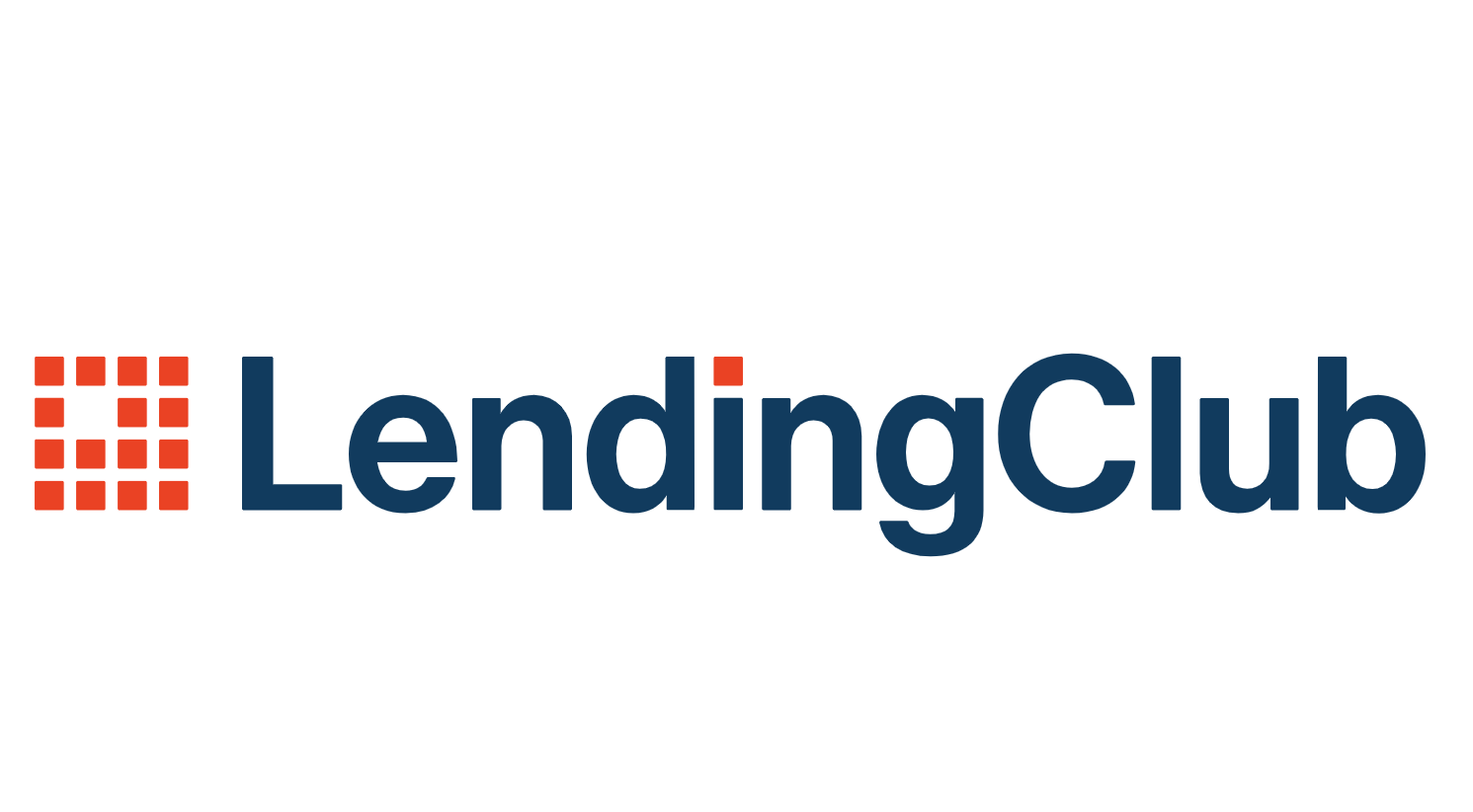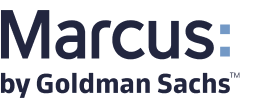Certificates Of Deposit
Bankrate provides comparison tools, educational content, and the latest rate news to help you find the best CD offer.
Explore CD basics


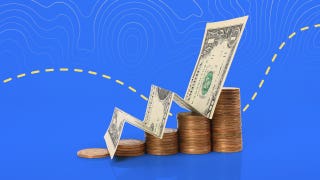
Stay updated on CD rate trends
CD rates forecast for 2024
CD investors continue to benefit from strong yields, while inflation gradually slows. Here's what you need to know before the year ends.
Historical rate trends
Discover how CD interest rates have changed from 1984 to present and what we can learn from analyzing historical economic data.

Current CD interest rates
Read up on top available rates and national average trends over time from Bankrate’s weekly survey of banks and credit unions.
Weekly CD Rates
Bankrate consistently has offers well above the national average to help you earn more on your savings.
Bankrate Partner Average
The "Bankrate Partner average" is calculated from the average of the top savings account offers from the institutions we track, included on this page as of 02/09/2026. "National average" is determined by Bankrate's comprehensive national survey of savings accounts and CDs.
National Average
Experts in all things banking
Our expert writers and editors bring you timely news and reliable information - backed by data and first-hand experience.
About Bankrate's team
Bankrate Financial Analyst

Principal U.S. Economy Reporter

Senior Economic Analyst
Compare top-rated banks
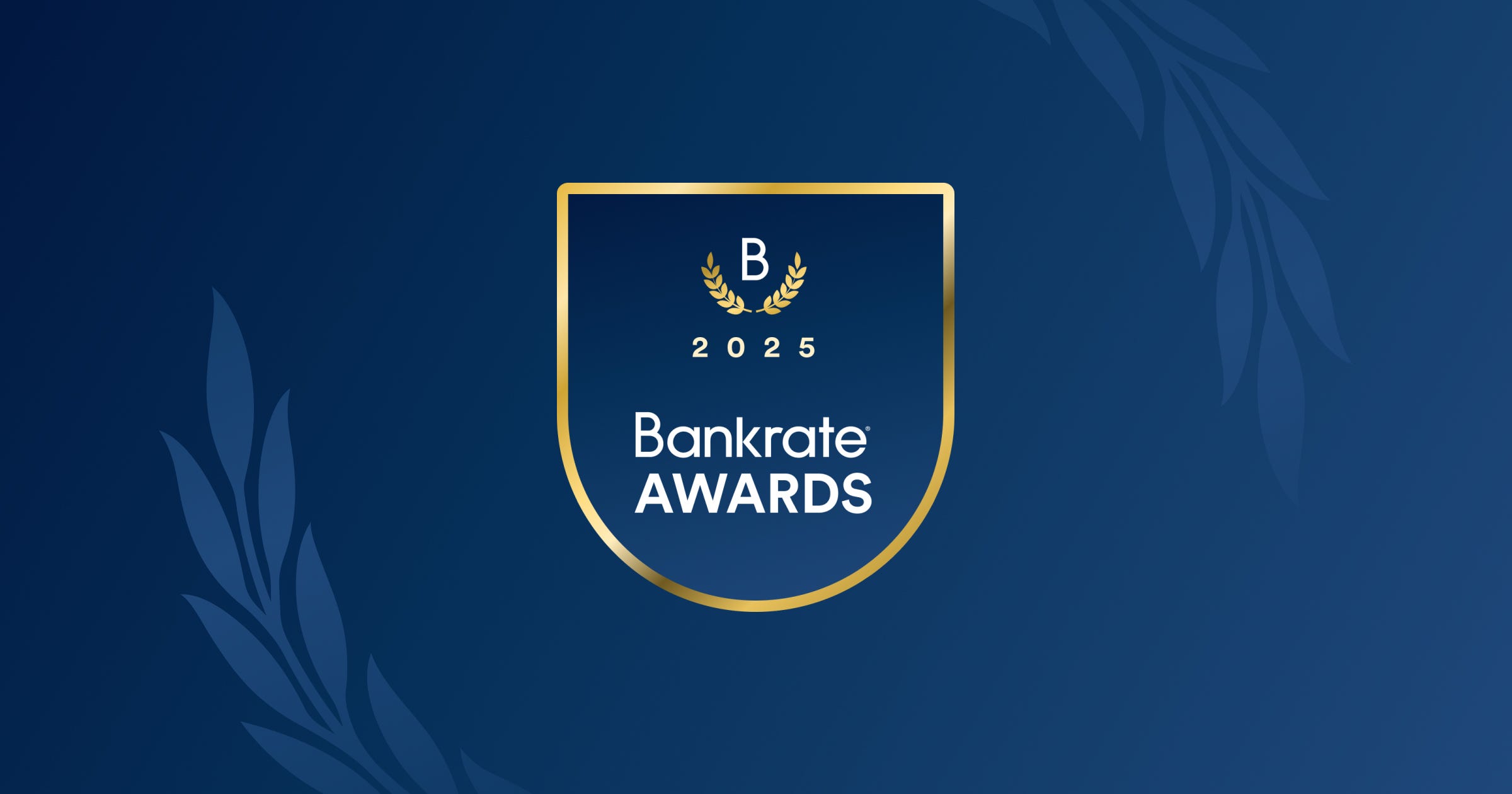
Calculate your estimated CD earnings
Enter your deposit amount along with the term and APY of the CD you are considering. See how much you could save when your CD reaches maturity.
Latest articles



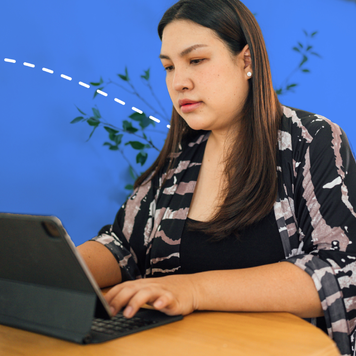

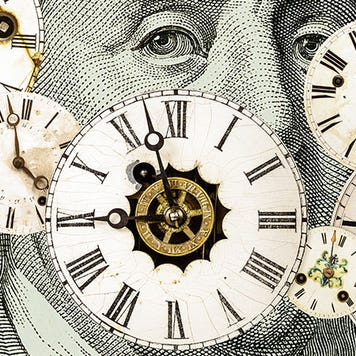







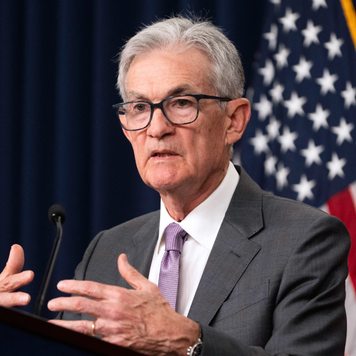

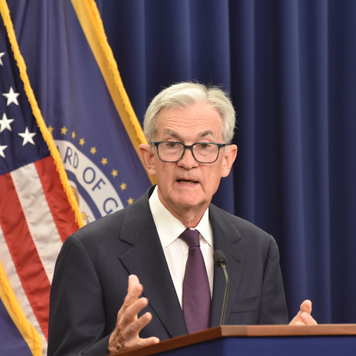








Help us shape the future of personal finance
We’re building something new to make rate shopping smarter and simpler. Join our waitlist to get early access, share your feedback, and unlock exclusive offers.
Priority rate alerts
Exclusive member offers
Time saving
Limited spots remaining
You're signed up!
Now, help us personalize your experience. Answering the next few questions will ensure you receive the most relevant tips and offers.
Stay tuned to see what we're building
You're all set! We're gearing up to share something big. You'll hear from us soon with what's next.
